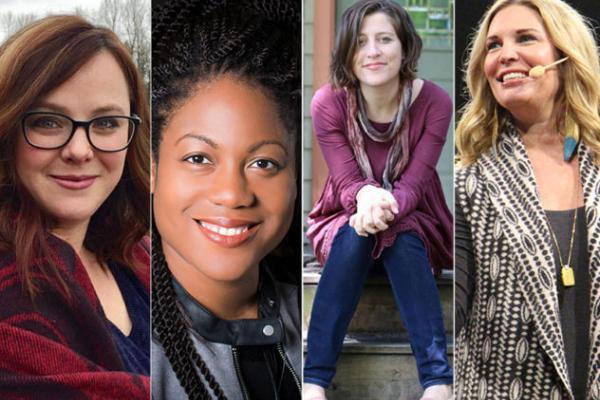May 16, 2017
But, if the furor on social media this past month is to be believed, the abundance of faith bloggers also has created what the Rev. Tish Harrison Warren called a “crisis of authority.”
“Is literally everyone with a computer — do they equally hold authority to teach and preach?” said Warren, an Anglican priest, who wrote a commentary for Christianity Today titled "Who’s In Charge of the Christian Blogosphere?”
Read the Full Article

Already a subscriber? Login
